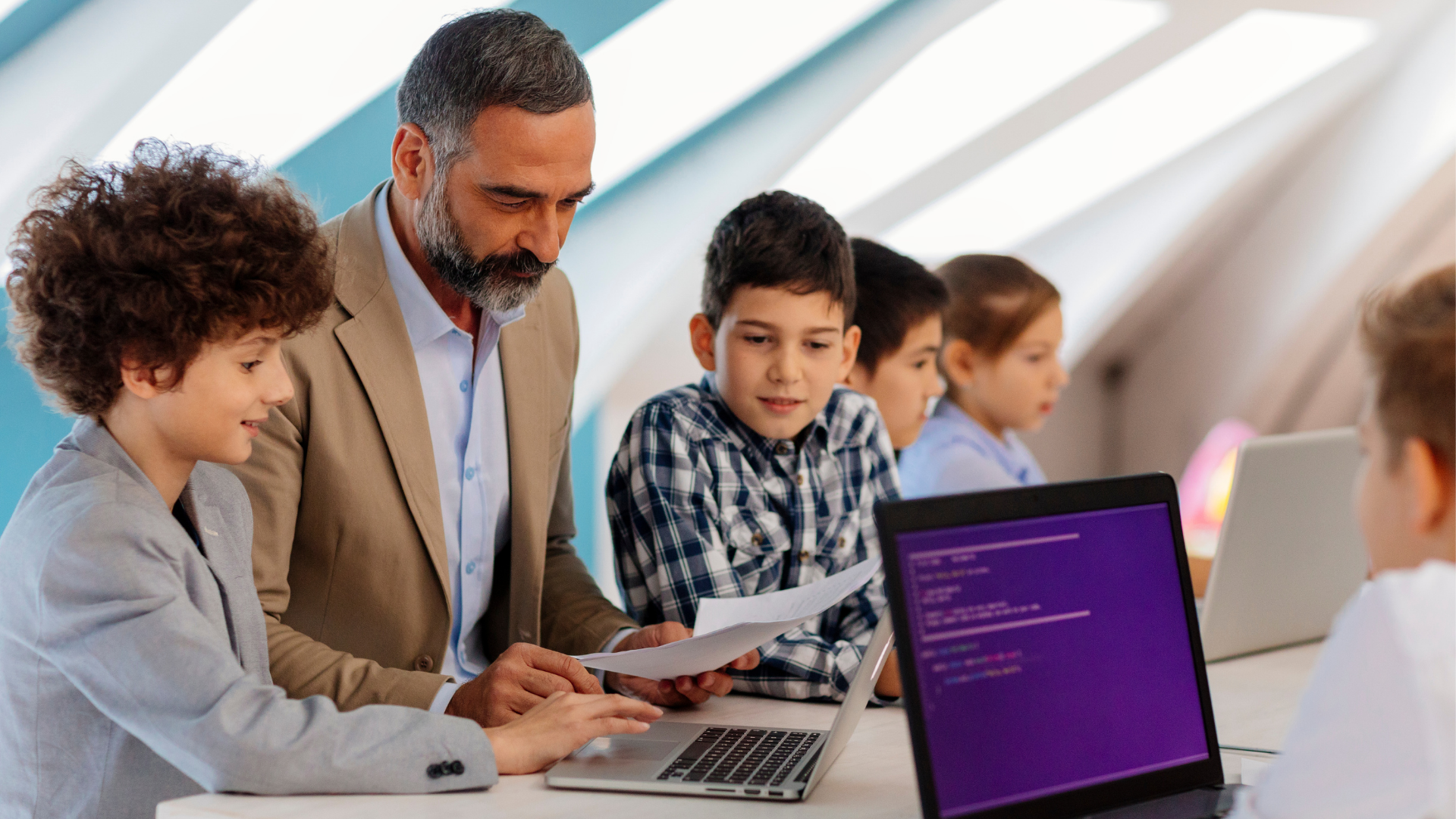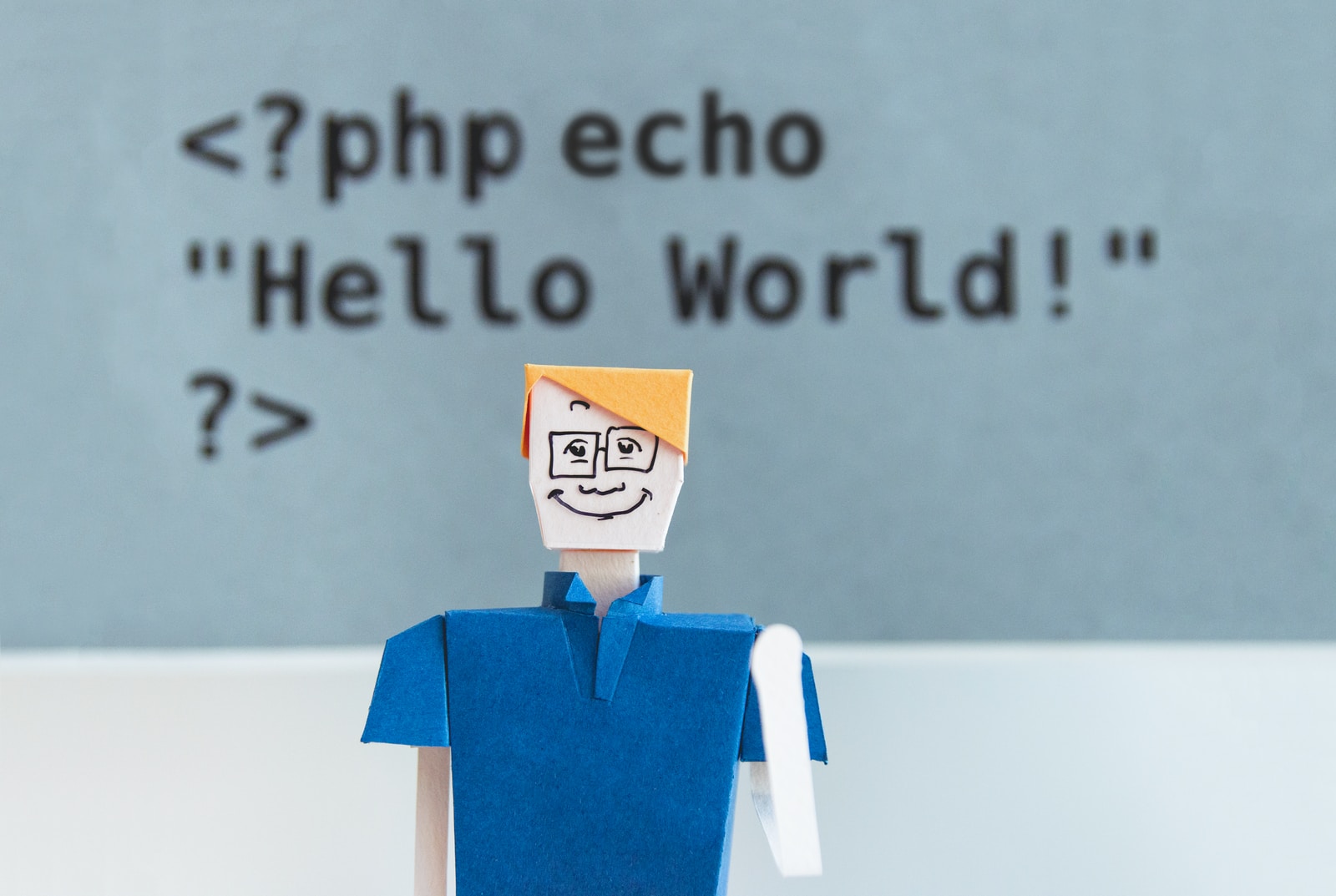
What Age Can Kids Start Coding?
Technology has become an integral part of our lives over the past decade. With tech becoming more affordable, there’s a good chance your child has access to a tablet, smartphone, or computer. Kids are growing up to be more tech-savvy than ever these days, thanks to easy access to these devices.
Perhaps your child has expressed an interest in learning the inner workings of videos games. One of the most popular pastimes for kids, and one of the ways kids use technology, is playing video games.
Maybe you want to teach your kids coding to prepare them for our technology-saturated world better. The demand for computer literacy in tomorrow’s job market is always present.
The question is, “At what age can kids start coding?” Below, we’ll answer that question in-depth, as well as provide some valuable ideas to help your child learn coding.
How Early Can Kids Start Coding?
Generally, when it comes to learning new concepts, the younger you start, the better. Kids who learn coding skills from an early age will learn new ideas faster and be more proficient than those who start later. The reason it’s better to start early has a lot to do with brain plasticity in early life.
Coding is an entire language and is a lot of information to take in. The best time to learn new skills is when we are young and our brains are more flexible. We can grow into and adapt to new information faster. Studies have shown that kids can begin learning code as early as 6 years old.

Benefits to Learning Code
A Deeper Understanding
Coding is the language with which we interact with computers. Also known as programming, coding is used to tell a computer how to execute different tasks. With technology and computers being a constant fixture in modern society, it makes sense to learn how to interact with them on a deeper level.
Kids are naturally curious. Learning how technology works behind the scenes will come naturally to most kids learning code through games. Developing a deeper understanding of how things work will help kids realize the potential of the technology at their fingertips.
Practical Skills in Everyday Life
Skills learned and developed through coding can translate in the real world as well. When learning how to code, skills like analytical thinking, attention to detail, logic, deduction, spatial awareness, and memory are all exercised and improved upon. These are skills used in everyday life, even outside of the world of technology. So no matter what profession your child eventually winds up in, they’ll be better prepared for it through their experience with coding.
Expression and Creativity
One of the biggest motivators for kids learning to code is the ability to interact with the games they play. Coding skills open up a whole new realm of possibilities within games. Kids can code their game mods, environments, custom game mods, or eventually build their own games.
Outside of gaming, coding languages offer the ability to create apps, websites, and other software. As a creative outlet, the possibilities are endless with coding.

So Where Do You Start?
The first step is getting your child interested. Show them videos, articles, or do some light reading together on what coding is and how fun it can be. Point out examples in everyday life where coding is used. It’s important to start slow with the basics and let your child learn at their own pace. Don’t give them too much to begin with, or else they may become overwhelmed.
Since kids are more likely to engage with and absorb knowledge in a fun environment, game-based learning is one of the best ways to teach them coding. Many schools, camps, and academies for kids will offer a variety of coding courses centered around game-based learning techniques.
The best way for beginners and young kids to start learning code is through block-based coding apps like Scratch or Blockly. Block coding games break concepts down into simple visual blocks that you can put together like a puzzle. It’s an easy-to-digest way of learning code and is simple to understand.
Older and more advanced students can take courses centered around Minecraft, Roblox, or other similar games. These games introduce more advanced coding languages and concepts to students, but the difficulty is also greater.
Conclusion
When it comes to the right time to teach your kids how to code, you should start as early as possible. While it’s better late than never, kids who start learning code at a young age will have an advantage over those who start later.
Questions and Contact
If you’d like to know more about us and what we offer, or have more in-depth questions or feedback about this blog post, feel free to contact us at info@gobrite.io or 425-665-7799, and we’ll be happy to get back to you.
We hope you’ve enjoyed this week’s blog post!
- Popular Kids Education Platforms Review - February 10, 2023
- Pros and Cons of Opening a Kids Coding Franchise - January 31, 2023
- How can coding help kids reduce screen addiction - January 30, 2023